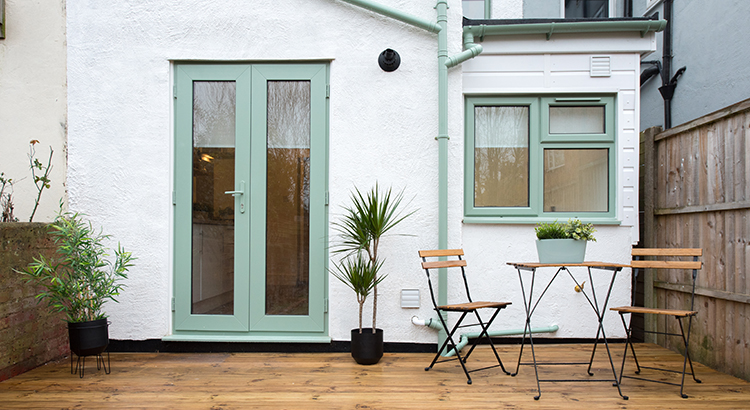I’ve been following a lot of topics on Quora recently and providing replies for questions that fall under my field of work. Here is a recent posting:
Rebecca added an answer.
How can a 22-year old increase his chances of getting a mortgage?
By making sure you have all the pieces in place that lenders require of a borrower today. First of all, credit scores are one important element of the equation. If you have not begun building your FICO score, then you’ll need to spend time doing so. FHA loans are still allowing some low scores down to 620 (but preferably 640 and above). For what are called “conventional” loans, you’ll need credit scores above 720. The lenders will also be looking at your debt-to-income (DTI) ratios especially as new laws put into place on January 10, 2014 require what is called Ability-to-Repay (ATR) confirmation and Qualified Mortgage (QM) standards.
For building credit, if you have student loans (installment loan) and are paying on time, that is one good source of building credit. If you have a car loan, especially if paid off, this is also good. Credit cards (revolving credit) also help provide scoring into the FICO system, however, high balances may be counted as negative to your scoring if held for long periods. The FICO model gives best scoring to those you only use about 10% or less of their available credit limits for credit cards and showing actual usage and good management of credit. So, for all those folks out there that have had cards but who don’t use them – guess what, that now counts against you. Be sure to use your card a couple of times per year and let the balance carry over a month so that some show of credit use has occurred. Such as, buy a tank of gas, pay half of it off the first month of billing and the balance of it the next. The amount of time you have had good credit payment history also builds your score over time so don’t cancel out cards if you have them, just make sure to manage balances on the low end.
Starting saving is also important as you’ll need a down payment (DP) and money for closing costs (CC). How much you’ll need will depend on your market place and what type of property you’re interested in owning. You’ll not only need the funds for D/P and CC, but also for what are called “reserves”, the amount of money reserved in your bank account to cover if your income were to stop being available. Most banks now with the ATR and QM requirements range on this amount, but expect to have 1-6 months worth of additional savings to cover your current bills and your expected mortgage payment amount.
I’m obviously not a lender, but I work with buyers all the time and teach classes on the subject with many knowledgeable loan officers via the Washington State Housing Finance Commission. A great tool to watch interest rates, which are the biggest factor affecting your purchasing ability besides your own cash resources, can be found by following the Freddie Mac Mortgage Market Survey – a weekly listing of the average rates offered for a variety of loan types offered around the nation. You can Bing/Google it to get the link or you can go here: http://www.freddiemac.com/pmms/



